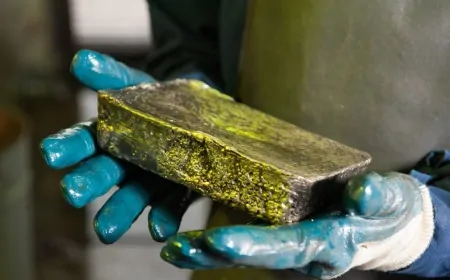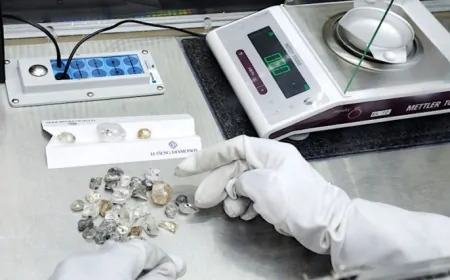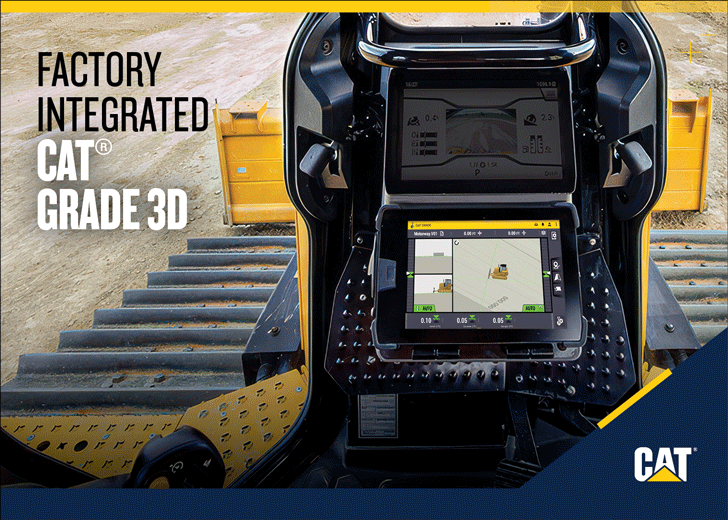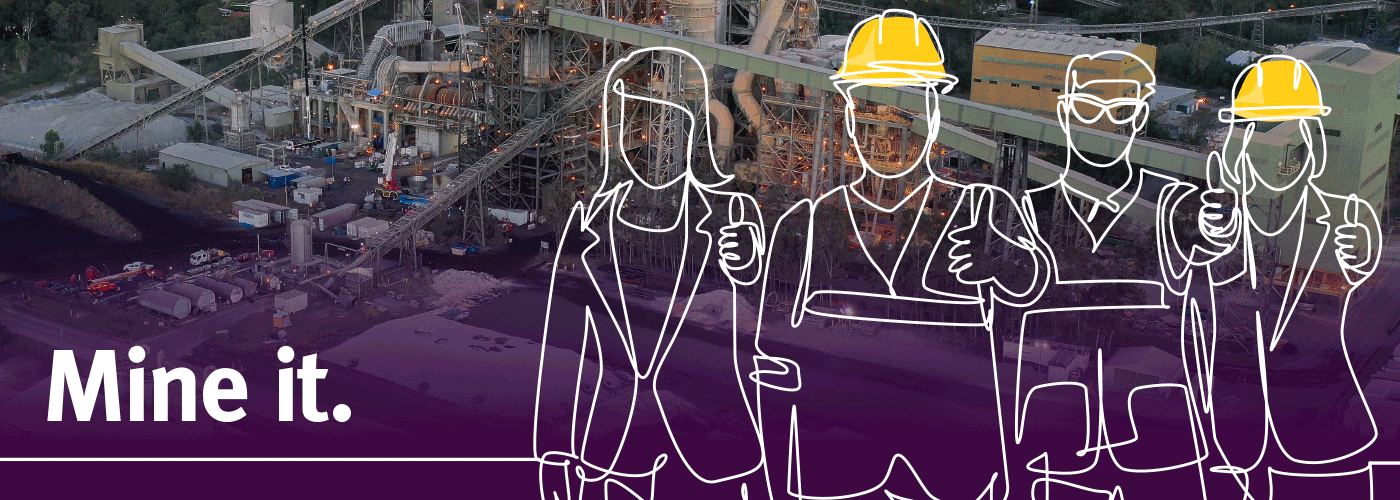Allied set to rebound with growth and Mali resolution
Allied Gold has yet to resonate with investors
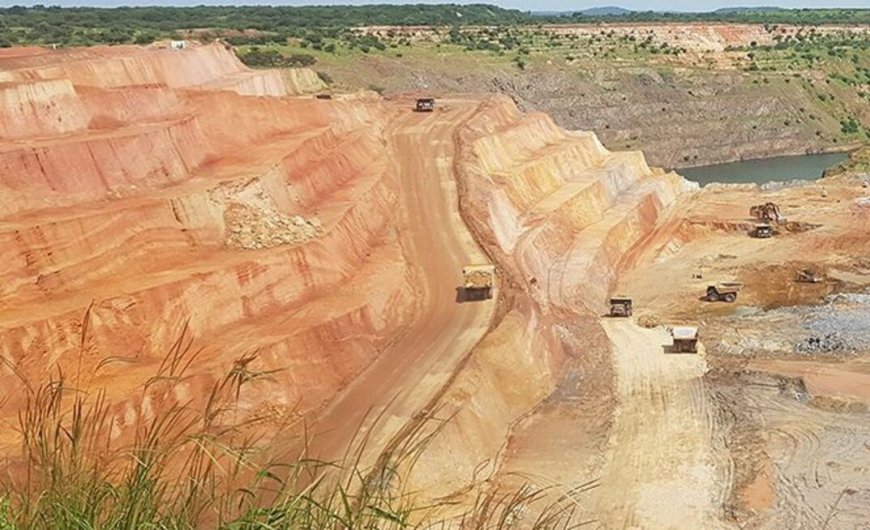
Having gone public a little over a year ago, Allied Gold has yet to resonate with investors. Its share price is negative year-to-date at a time when some of its intermediate gold producer peers are up 50-100%.
Cost is a clear concern, with all-in sustaining costs at US$1500/oz in the June quarter, but with a considerable growth pipeline being executed, things should start moving in its favour, Peter Marrone, chairman and chief executive of Allied Gold, told Mining Journal at the 2024 Gold Forum Americas in Colorado Springs, Denver, US.
"I am disappointed and I think there are many reasons for it, but we tackle those reasons," Marrone said.
"What are the obvious ones? Mali introduced a new mining law last year that creates uncertainty. We were the first company in Mali to have reported that we've agreed with the state on how we manage ourselves in the country. That was an uncertainty putting a very deep discount on our share price that is now beginning to filter through in the market," he continued.
YOU MIGHT ALSO LIKE
- Allied to become "Africa champion"
- Marrone to make Allied Gold 1Mozpa producer
"Another is that our project in Ethiopia needs to be financed. We now have a financing package and have announced the range of terms we are expecting with a stream and gold prepay. I'm confident that we've now passed that inflection point, and we'll begin this to see that share price reflect the true value."
Marrone took his previous company, Yamana Gold, from a $100 million market capitalisation to selling it for almost $7 billion and is looking to repeat that feat. His initial focus is on bringing costs down.
"[Costs are] already down from last year. We publicly guided that we expect to be down about $185/oz over last year due to initial optimisations. Let's look at what happens next year and the year after that (...), as one of our mines finishes a stripping program where we get the higher grade gold. The same will be true at our Sadiola mine [in Mali]," Marrone explained.
Growth will come from producing higher-grade ore and from the Kurmuk development in Ethiopia.
"In 15 months to 18 months, we'll be (...) producing 290,000ozpa below $950/oz AISC [in Ethiopia]. That $950/oz comes as a result of grade, tonnage, and as a result of power costs of 4c/kWh via a 20-year power purchase agreement," Marrone said.
With an agreement reached with Mali, Allied will proceed with a two-phase expansion project. The first phase will transition to accommodate harder rock into the existing plant and increase production from 170,500oz to 230,000oz. The second phase includes building a CIL processing plant to process fresh ore, with construction to begin in late 2026. The $400 million plant is expected to be completed in 2028. This is expected to boost Sadiola's output to 400,000ozpa.
As increased production will bring costs down at a time when the gold price is expected to continue to rise, Marrone expects Sadiola to generate significant cash flow and share price appreciation.
"We will be generating some very significant cash flow, and if we look at it by comparison to some of the market transactions that have occurred, the recent $2.5 billion purchase of an asset [Sukari in Egypt, which AngloGold will obtain through its acquisition of Centamin] that is very similar to this asset, where our market capitalisation today is $650 million. That asset alone will underpin a value that is at least comparable to that recent purchase," Marrone said.
The growth potential and low current market capitalisation could make Allied Gold vulnerable to takeover as M&A activity starts to heat up, particularly as the overhang of the situation in Mali is largely resolved for the companies operating there. Allied's management owns 22% of the company, and so is motivated to obtain the best deal possible, should any overtures arrive.
"We are also owners of the company, and where we're trading today, it would not make sense for us to do a deal. But you asked the right question, would we be open to a sale of the company? The answer is yes, if the price is right," Marrone said.
What's Your Reaction?








